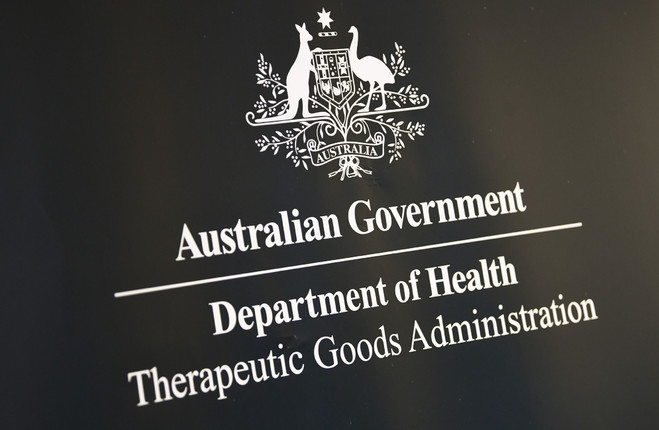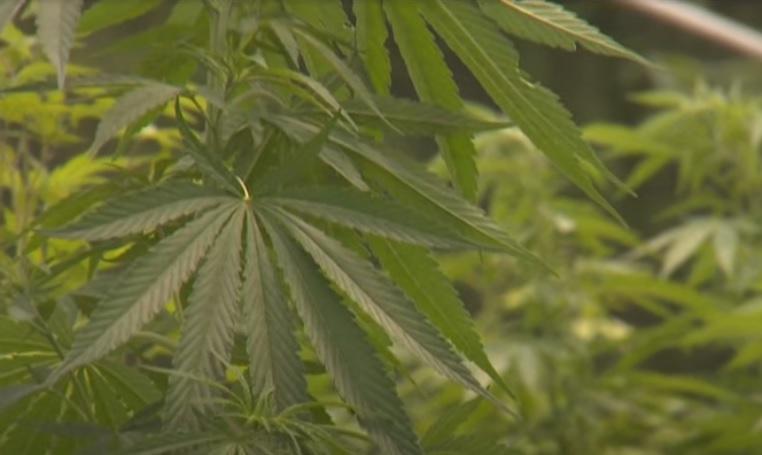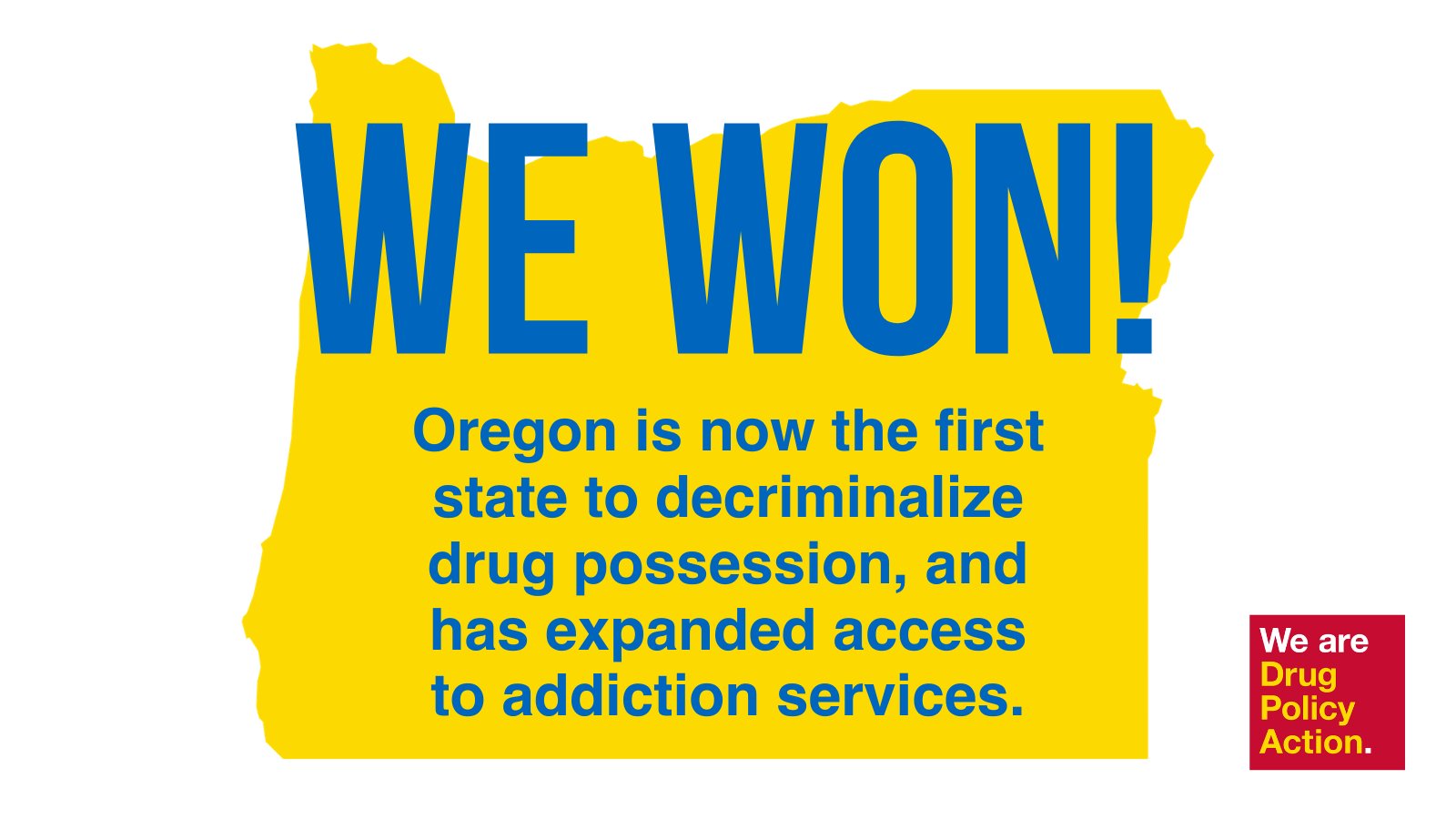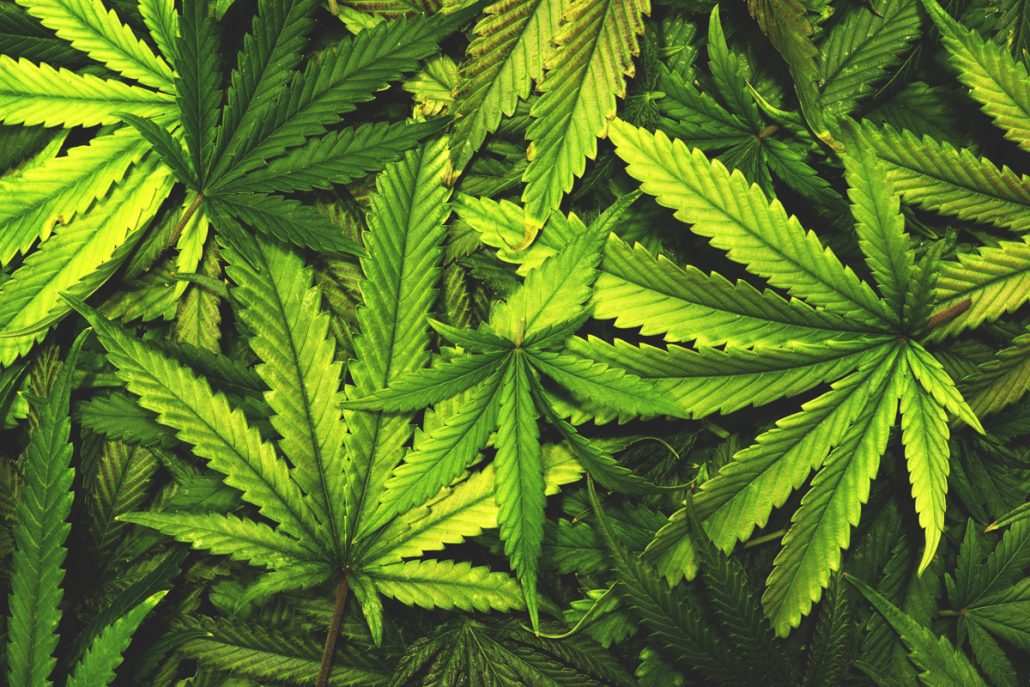From the Marijuana Moment webpage
Italian Constitutional Court on Tuesday blocked voters from being able to decide on a referendum to legalize marijuana in the country, despite the fact that activists turned in hundreds of thousands of signatures that were validated by a separate court last month.
Late last year, activists turned in about 630,000 signatures for the measure – which would have also legalized personal cultivation of other psychoactive plants and fungi like psilocybin mushrooms – to the Supreme Court of Cassation.
While the proposal as drafted would have legalized the cultivation of several plant-based drugs, it would leave in place the prohibition on processing them. Marijuana and certain entheogenic substances like psilocybin don’t require additional manufacturing, and thus would effectively be made legal. By contrast, even hashish would be banned because it does require processing raw marijuana to some extent. Meanwhile, a current decriminalized fine on possessing and using cannabis would have also remained in place if the referendum were approved.

That court announced last month that there were enough valid signatures for ballot placement, but the referendum still needed to be reviewed by the separate Constitutional Court, which was tasked with determining the legality of the proposal’s provisions.
On Wednesday 16 February, the Constitutional Court announced that the cannabis and psilocybin initiative did not meet constitutional standards and, therefore, will not be placed on a ballot for voters to decide. It also rejected a separate measure related to the right to euthanasia.
The Constitutional Court is charged with looking into whether referendums will conflict with the Constitution, the country’s fiscal system or international treaties to which Italy is a party. While advocates were confident that the limited the scope of the proposed reform would satisfy the legal standard, the 15-judge court disagreed.














 To read the memo,
To read the memo, 

